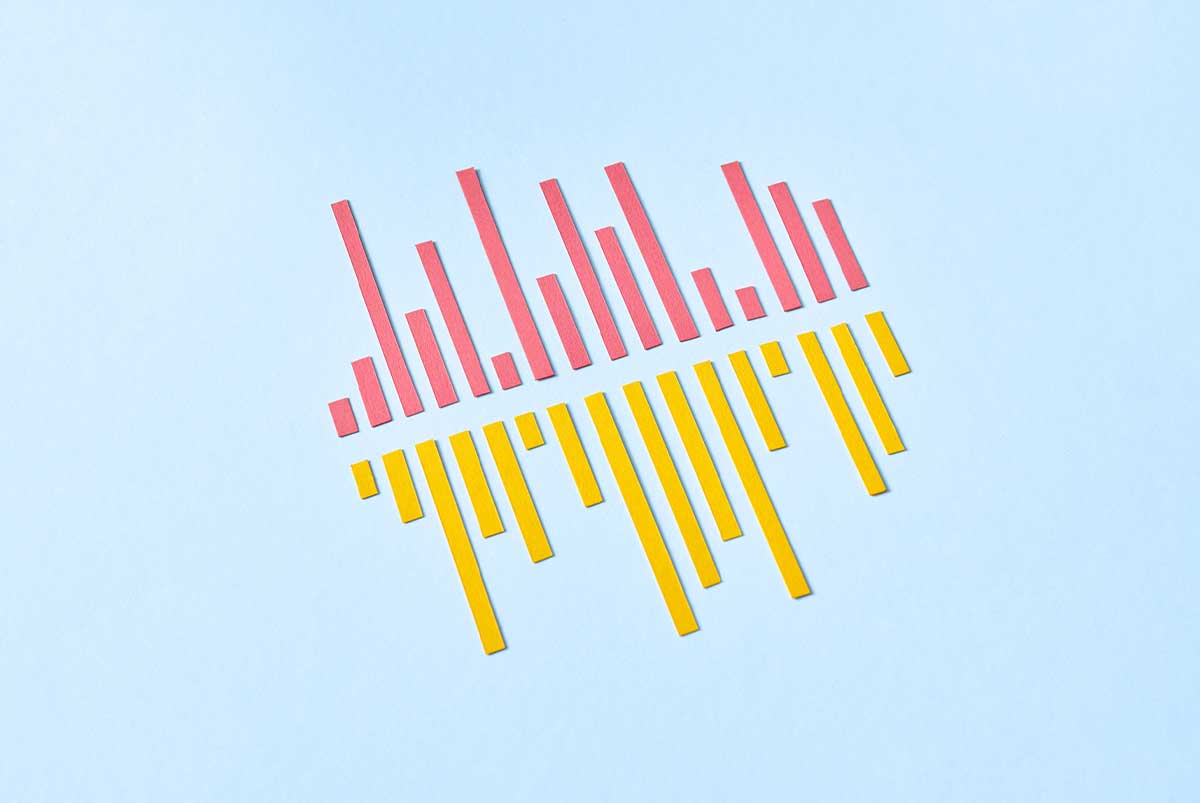Ready To Buy a Home?
Get Approved to Buy a Home
Rocket Mortgage® lets you get to house hunting sooner.
By the middle of 2021, total U.S. household debt was more than $14 trillion, according to the Federal Reserve Bank of New York. Credit card debt accounted for $0.79 trillion of that total.[1]
While Americans have paid down their credit card balances by $140 billion between the end of 2019 and the first quarter of 2021, many are still carrying debt that’s weighing down their financial future.[1]
On the plus side, the housing market has grown as well. This growth has raised housing prices, giving American homeowners more access to home equity than ever before.
If you’re a homeowner and want to lower your debt – especially high-interest debt, like credit cards – using a mortgage refinance for debt consolidation can be a powerful weapon in your battle against personal debt.
But it must be used strategically.
Use a Mortgage Refinance To Pay Off Debt: Refi and Conquer
A mortgage refinance (aka a “refi”) is essentially a reboot of your home loan.
You borrow money from a lender (your original lender or a different one) and you use the money to pay off your current mortgage. Then you’ll make monthly payments on your new mortgage.
The benefit of a mortgage refi is that you may be able to get more favorable terms, like a lower interest rate or a shorter loan repayment period.
If you plan to use a mortgage refinance to pay off your debt, there are two ways to do it.
Rate and term refinance
This is a simple mortgage refinance. You refinance your mortgage loan to lower your monthly payment. You can take the money you’re saving each month and use it to pay off your debt.
Cash-out refinance
Sometimes called a cash-out refi, a cash-out refinance lets you borrow cash against your home equity.
This can be valuable for debt consolidation because mortgage interest rates tend to be among the lowest available for borrowers. You also get to spread your payments out over the life of your new mortgage, which usually lasts 10 – 30 years.
A cash-out refi works best if you have a very good credit score (660 or higher) and more than 20% equity in your home (more on that later).
Take Control of Your Money: Don’t Let Debt Sink You
To get the most out of your new loan, make sure you have a plan to pay your debt off and keep it from coming back to haunt you. 👻
A mortgage refinance is a powerful tool to consolidate your debt. But before you can refinance, you need to take control of your debt.
Imagine, for a moment, that your budget is a submarine.
Your debt is water leaking into the hull, and your income is the water pump. And while refinancing can move water around the sub, it can’t pump it out.
The pump (aka your income) removes a certain amount of water (aka your debt) every month. If the water from the leak never gets any higher than what the pump removes, you can still cruise.
The trouble? Well, a small leak can grow over time and suddenly you’re drowning in debt.
Refinancing can keep the flooding under control. But you’ll need to keep a watchful eye on the leak and keep your debt at a manageable level.
To resurface in a stronger financial position, you can plug the leak by either lowering your debt or increasing your income – or by doing both.
Working with a debt counselor or financial planner may be a helpful first step.
Refi Strategically: Test the Currents
Shopping for a mortgage refi? Take a (loosely paraphrased) lesson from the “Art of War”: It’s not enough to know your debt, you must also know yourself.
See what terms you can get
The first thing you need to know is how strong your credit really is.
Who doesn’t want to qualify for a loan with those amazingly low rates (aka prime rates) that mortgage lenders entice us with? To know if you qualify for one of those loans, you’ll need good credit.
It’s a good idea to get prequalified with a few lenders and see what kinds of terms you can expect to get.
Check your home equity
Before you refinance, it’s helpful to know how much equity you have in your home.
Look at your loan-to-value ratio. This is calculated as the amount you plan to borrow, divided by the value of your home. Lenders typically want that number to be 80% or less, which leaves you with 20% or more in home equity.
Check your statement to find your mortgage balance.
To check the value of your home, talk to a real estate professional about getting a comparative market analysis (CMA). You can also use the Federal Housing Finance Agency (FHFA) calculator or an online home value estimator.
To be on the safe side, use the most conservative estimate you can find.
Know the real costs
The closing costs for a refinance can range from 2% – 6% of your loan amount. That’s $2,000 to $6,000 for every $100,000 you borrow.
If you don’t pay your closing costs upfront, they get added to your mortgage refi balance.
Once you know what kind of rate you can expect to get and what the closing costs will be, ask yourself:
- How much can I borrow against my equity? Will it be enough to cover my debts?
- Will my new mortgage payments fit my budget?
- How much of a difference is there between the interest on my debt and the interest on the mortgage refinance?
- How much debt am I adding by refinancing, compared to the amount I save by paying off my outstanding debt?
Choose Which Debts To Pay Off: Strike Strategically
A good rule of thumb is to use your refinance to pay off higher-interest debts first. Credit card debt, payday loans or high-interest personal loans with an interest rate of 9% or higher are good candidates to prioritize for payoff when refinancing.
Because the interest rate on the mortgage is usually lower, you’ll pay less in interest and get out from under the fees and obligations of those debts.
Choose Which Debts NOT To Pay Off: When To Run Silent
Auto loans
Auto loans usually have lower interest rates than credit cards. Usually, there are other options available to refinance your auto loan.
Student loans
The interest rates on most student loan debt are comparable to mortgage rates, so in the end, you won’t be saving that much money.
If you have federal student loans, there are a wide range of programs available to help you lower your debt or even have it forgiven.
What To Do If You Can’t Refinance: Change Course
Balance transfer offers
Many credit cards offer balance transfer offers. While they aren’t a long-term solution, they can help you consolidate high-interest debt at a lower interest rate for a short period of time.
Before considering one of these offers, make sure to ask:
- How long does the introductory rate last?
- How much will they charge to transfer a balance?
- What will the interest rate be after the introductory period?
Home equity loan or home equity line of credit (HELOC)
A home equity loan or home equity line of credit allows you to borrow against your existing home equity without taking out a brand-new mortgage.
The interest rate for these loans will typically be higher than a mortgage refi, but they are still very competitive.
Personal loan
Personal loans or lines of credit allow you to borrow money from a lender. These loans are unsecured, which means that they aren’t backed by collateral, like a house or a car.
You’ll pay more in interest compared to a mortgage refi, but the terms may still be competitive. And you’ll make fixed payments over a set period of time, usually 36 – 84 months.
Unleashing the Power of the Mortgage Refi
One of the biggest benefits of being a homeowner is being able to access the equity in your home and have a say in how much you pay back each month.
Using that benefit to pay off your debts can help improve your financial future for years to come.
Take the first step toward buying a home.
Get approved. See what you qualify for. Start house hunting.
The Short Version
- Refinancing your mortgage and borrowing against your home equity can help you pay off debt
- Make sure you have a plan in place to control your debt before you refinance
- If a mortgage refinance isn’t an option, there may be other ways to consolidate debt and save on interest
Federal Reserve Bank of New York. “HOUSEHOLD DEBT AND CREDIT REPORT (Q2 2021).” Retrieved October 2021 from https://www.newyorkfed.org/microeconomics/hhdc.html




